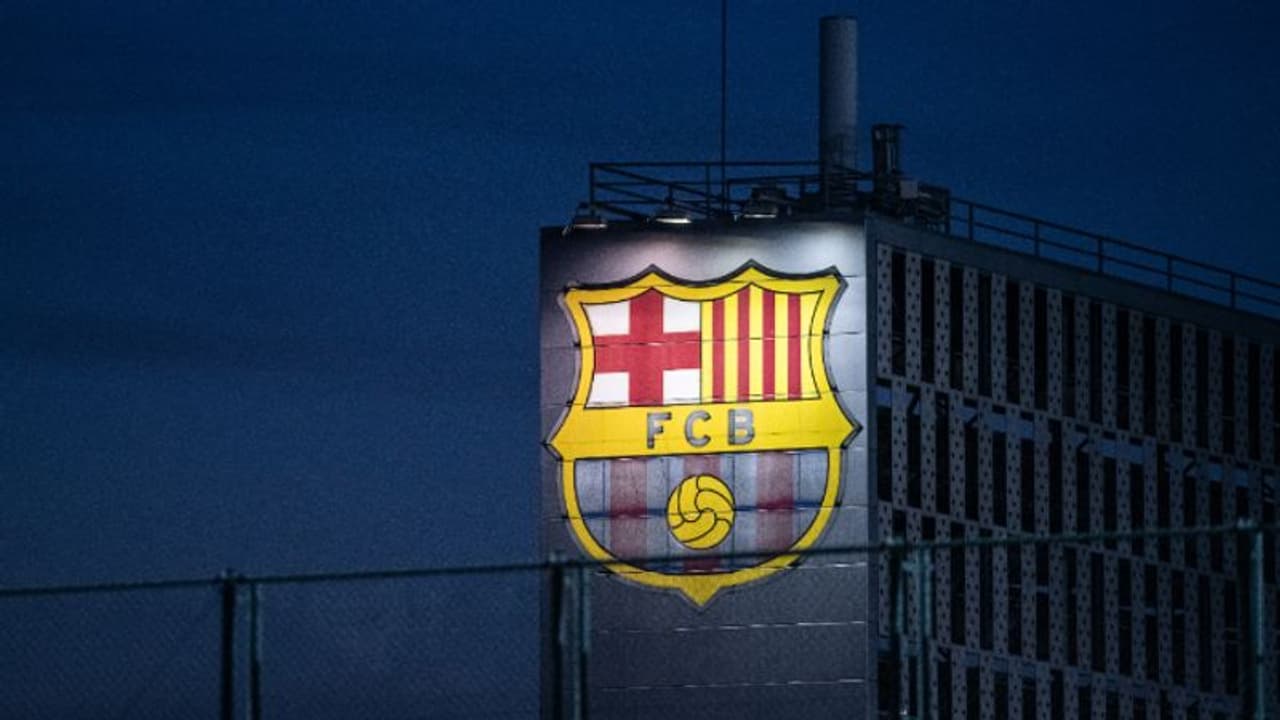FC Barcelona now faces formal charges for business corruption and fraud in the ongoing Negreira case, an investigation into approximately €7.2 million in payments made to a former referee official.
FC Barcelona now faces formal charges as a legal entity for continuous business corruption and fraud in the long-running Negreira case, marking a significant escalation in one of Spanish football’s most controversial scandals. The judicial decision announced by Judge Alejandra Gil of Barcelona’s Court of Instruction No. 1 represents a critical juncture in the investigation surrounding approximately €7.2 million in payments the Catalan club made to Jose Maria Enriquez Negreira over nearly two decades.
Understanding the Negreira Case
The Negreira case centers on payments totaling between €7.2 and €8.4 million made by FC Barcelona to companies owned by Jose Maria Enriquez Negreira, who served as vice president of Spain’s Technical Committee of Referees (CTA) from 1994 to 2018. The payments occurred between 2001 and 2018, during which time Negreira held his influential position overseeing Spanish referees.
Barcelona has consistently maintained that these payments were for legitimate consulting services, specifically technical reports on referees who would officiate their matches. However, Spanish authorities concluded in 2024 that no such reports existed, referring to them as “phantom reports”. The club’s explanation has been further undermined by testimony from Javier Enriquez Romero, Negreira’s son who allegedly authored over 600 reports, who disputed that the substantial payments were actually in exchange for these documents.
The scandal first came to light in February 2023 when Spain’s tax office began investigating payments to Negreira’s company, Dasnil 95. While bribery charges were dropped in May 2024 because Spanish football officials are not considered public employees under Spanish law, the investigation has continued under broader charges of sports corruption.
Key Testimonies Scheduled
The court has now scheduled a critical round of testimonies to clarify the nature and purpose of these controversial payments. Barcelona’s vice president Elena Fort has been summoned to testify on January 27, while former president Joan Gaspart must appear in early February to explain payments made during his tenure from 2000 to 2003.
Most significantly, current president Joan Laporta has been called to testify regarding payments made during his first presidential term from 2003 to 2010. Prosecutors specifically want Laporta to explain the “payments made to Enríquez Negreira’s shell companies.” Although Laporta was initially under investigation, charges against him have since been dismissed due to statute of limitations, and he will now appear strictly as a witness.
Former Barcelona coaches Luis Enrique and Ernesto Valverde have also been summoned. The prosecution seeks to determine whether Negreira’s alleged referee reports influenced the team’s sporting strategies and match preparations during their respective tenures. Luis Enrique managed the club from 2014 to 2017, while Valverde was at the helm from 2017 to 2020.
The testimonies, originally scheduled for November 25, have been rescheduled to December 12 due to scheduling conflicts among lawyers involved in the case.
Critical Documentation Demanded
In a pivotal development, the court has ordered FC Barcelona to produce the original contracts signed with Negreira’s companies, Dasnil 95 SL and Nilsad SCP, within 20 days. These documents supposedly cover “paid refereeing advisory services” between 2001 and 2014 and are essential to justify the millions in payments.
This demand is particularly significant because Barcelona claimed in 2021 that it had no record of formal contracts with Negreira’s companies. The club’s inability or refusal to provide this documentation has raised serious questions about the legitimacy of the payments.
Political and Sporting Implications
The case has generated immense controversy across Spanish football. Former Barcelona presidents Sandro Rosell and Josep Maria Bartomeu have already testified, maintaining that the payments were for legitimate consulting services. Bartomeu acknowledged awareness of payments for consultancy reports but claimed he didn’t know Negreira was behind the business until 2013.
Additional complications emerged when authorities discovered approximately €3 million in accounts belonging to Negreira’s wife, Ana Paula Rufas, which investigators say cannot be accounted for. Rufas has been accused of money laundering.
While no concrete evidence has yet proven that specific matches were fixed or referee assignments were influenced, the substantial payments and lack of documentation continue to fuel suspicions. The investigation has been extended until March 2026, with Judge Gil noting the case remains “practically in the same situation” as months earlier despite ongoing proceedings.
